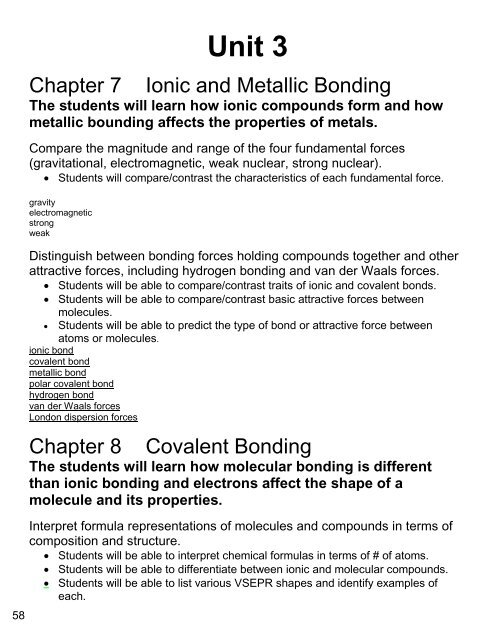You also want an ePaper? Increase the reach of your titles
YUMPU automatically turns print PDFs into web optimized ePapers that Google loves.
Inside the sun, fusion reactions take place at very high temperatures and enormous gravitational<br />
pressures.<br />
The foundation of nuclear energy is harnessing the power of atoms. Both fission and fusion are<br />
nuclear processes by which atoms are altered to create energy, but what is the difference between<br />
the two? Simply put, fission is the division of one atom into two, and fusion is the combination of two<br />
lighter atoms into a larger one. They are opposing processes, and therefore very different.<br />
Nuclear Fission<br />
Fusion<br />
The word fission means "a splitting or breaking<br />
up into parts". Nuclear fission releases heat<br />
energy by splitting atoms. The surprising<br />
discovery that it was possible to make a<br />
nucleus divide was based on Albert Einstein’s<br />
prediction that mass could be changed into<br />
energy using the Theory of Relativity<br />
E=MC 2 . In 1939, scientist began experiments,<br />
and one year later Enrico Fermi built the first<br />
nuclear reactor.<br />
Nuclear fission takes place when a large,<br />
somewhat unstable isotope (atoms with the<br />
same number of protons but different number<br />
of neutrons) is bombarded by high-speed<br />
particles, usually neutrons. These neutrons<br />
are accelerated and then slammed into the<br />
unstable isotope, causing it to fission, or break<br />
into smaller particles. During the process, a<br />
neutron is accelerated and strikes the target<br />
nucleus, which in the majority of nuclear<br />
power reactors today is Uranium-235. This<br />
splits the target nucleus and breaks it down<br />
into two smaller isotopes (the fission<br />
products), three high-speed neutrons, and a<br />
large amount of energy.<br />
This resulting energy is then used to heat<br />
water in nuclear reactors and ultimately<br />
produces electricity. The high-speed<br />
neutrons that are ejected become projectiles<br />
that initiate other fission reactions, or chain<br />
reactions.<br />
https://www.youtube.com/watch?v=0v8i4v1mieU<br />
https://www.youtube.com/watch?v=1U6Nzcv9Vws<br />
https://www.youtube.com/watch?v=MGj_aJz7cTs<br />
56




